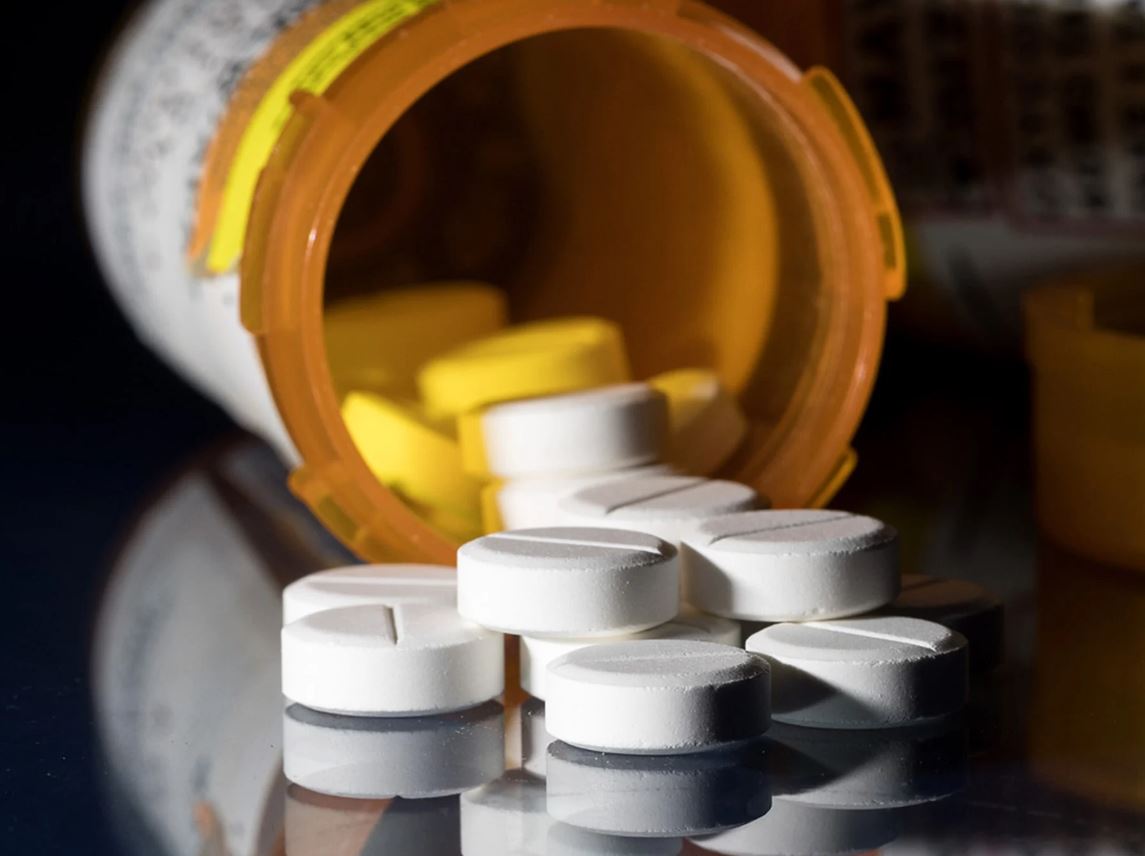David Parker, whose 12-year military career included deployments as a Marine to Iraq and Afghanistan, was getting out of his car last July at the Veterans Health Administration outpatient clinic in Fort Collins, Colorado, to seek treatment for his injured back when it suddenly gave out.
His body below his waist went numb. His face hit the pavement, and he lost control of his bowels.
As a former military service member, he is one of more than nine million Americans who get medical care from the VA system, the federal government’s sprawling array of 170 hospitals and more than 1,000 clinics. Parker, who is 34, was transported to the hospital in an ambulance and was given a week’s worth of the opiate codeine as part of his treatment.
He regretted what happened next.
“You were supposed to take, like, two a day, max, and I was taking—I think, like, by the fifth day, I was taking four. Four or five a day,” he told The Daily Beast. “I was popping them like Skittles.”
-
Parker worried about becoming addicted. That’s why, the next month, after a cross-country move—when he went to an East Coast VA hospital for a pancreatic cancer screening and complained about his aching back—he was adamant that he not be given opiates. Staff gave him a pill that they said was ibuprofen, he claimed. In 20 minutes, his back felt great.
“Whatever that ibuprofen was, I need to get that prescribed,” Parker said he told the doctor.
“Well, it’s codeine,” the doctor replied, according to Parker.
He was stunned. He did not want opiates, for fear of addiction, and he said he had informed the nurse of that very concern. Yet he said he was given them anyway.
Although officials at the VA could not speak to Parker’s individual case due to privacy concerns, a spokesperson did tell The Daily Beast that the facility in question “follows standard guidelines for the safe prescribing of opioids and routinely monitors facility and provider level prescribing patterns.” They added that the facility was well below national targets for prescribing opioids.
But among former military members, Parker’s experience is far from unique, interviews and a review of recent audits of VA care show. And even as the coronavirus pandemic continues to dominate the public-health conversation in America, veterans and their advocates say the agency needs to do more to rein in opioids before it’s too late.
The Veterans Administration has come under withering criticism in recent years for contributing to the nation’s opioid epidemic. A decade ago, the VA prescribed opioids to one out of every four veterans in its care, according to government statistics. Due to injuries endured in combat, veterans are more likely than civilians to be dealing with serious pain. But the staggering number of prescriptions caused grave concerns.
Critics included the American Legion, one of the nation’s largest veterans’ groups, which in 2015 reported, “Overuse of opiate prescriptions clearly creates problems for veterans within the VA health-care system.”
Floyd Meshad, a Vietnam War veteran who runs the nonprofit National Veterans Foundation based in Los Angeles, California, opposes long-term opioid therapy for veterans in general. “If you get opioids and you stay on or get hooked, you don’t know if you’re better or not. You don’t feel anything,” he told The Daily Beast.
